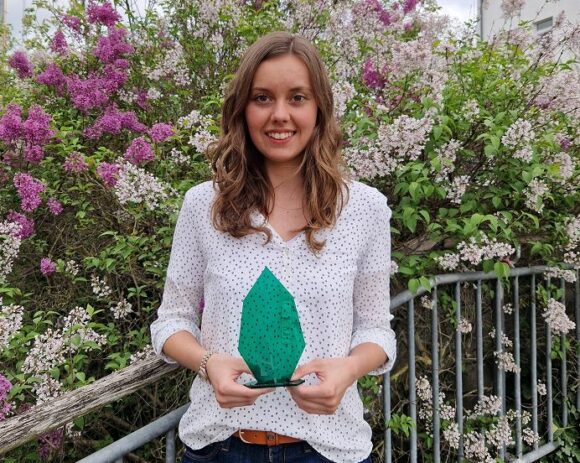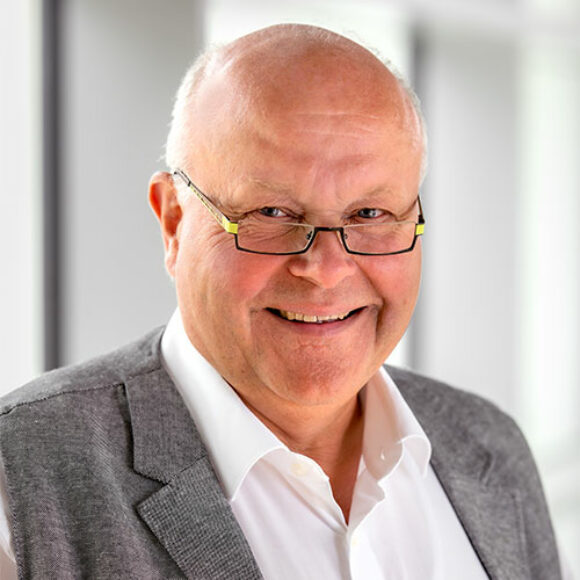An academic career with the goal of becoming a professor is an attractive prospect for many. However, in order to ultimately be able to work in the desired profession, this usually requires far-reaching academic degrees such as a doctorate or habilitation, which is still the most common path to a professorship in Germany, because a habilitation is not required by law. But there are also cases where it can work out without these titles.

While it is common at universities that only habilitated scientists are appointed to a chair, the case is somewhat different for profs at universities of applied sciences. Since the emphasis there is on practical experience, anyone who wants to become a professor has to be more careful to gain a lot of practical experience in business. Above all, this should fit in exactly with the research area that the desired chair has. Those who have completed their entire research career at universities and have habilitated often have rather poorer chances of being appointed to one of the practically oriented chairs. When applying, he must have a good answer to the question of why he wants to work at a university of applied sciences.
Scientists must also have a doctorate for some professorships at universities of applied sciences. In many disciplines, however, a doctorate is rather uncommon, such as for designers like the one we have in Hof. In this case, practical experience, awards, prizes or successful exhibitions are weighted more heavily.
However, professors at universities of applied sciences can only be appointed if they have at least five years of professional experience – three of them in industry. At universities of applied sciences, the publication of a recognized and widely read textbook may also be suitable as a substitute for a doctorate in exceptional cases.
Source: academics







